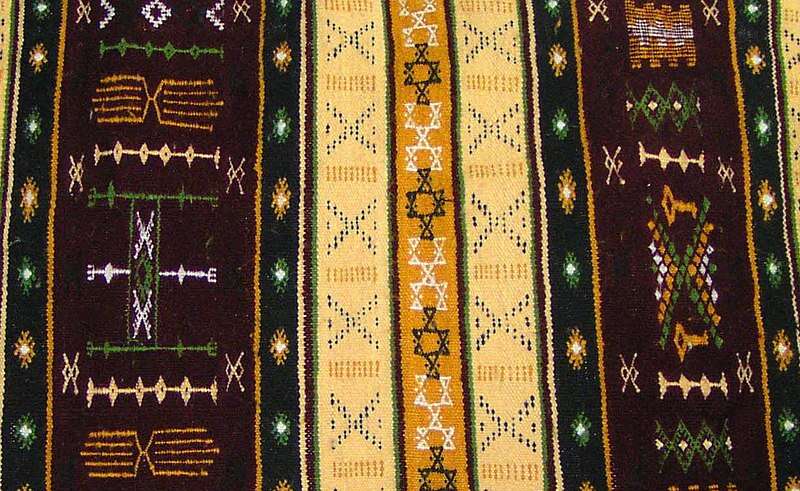
The French Resident General in Tunisia, Jean de Hautecloque left Tunis to go to Paris on 25 August 1953, when he was replaced by Pierre Voizard. A month after his arrival in Tunis on 26 September 1953, Voizard made many changes to ease tensions in Tunisia. He lifted press censorship and freed several political prisoners. He also restored the full powers of civil authorities and raised the state of siege in the Sahel. On 26 January 1954, Voizard announced that there would soon be new reforms in favor of granting more sovereignty to Tunisians while ensuring the interests of the French and French citizens in Tunisia. The Neo-Destour group was not in favor of these reforms if they themselves were not involved in their creation. They also demanded the freedom of Bourguiba, who was imprisoned on the Isle of Galete.
Post-independence (1956–2011)
Tunisia achieved independence from France on 20 March 1956 with Habib Bourguiba as Prime Minister. 20 March is celebrated annually as Tunisian Independence Day. A year later, Tunisia was declared a republic, with Bourguiba as the first President. From independence in 1956 until the 2011 revolution, the government and the Constitutional Democratic Rally (RCD), formerly Neo Destour and the Socialist Destourian Party, were effectively one. Following a report by Amnesty International, The Guardian called Tunisia “one of the most modern but repressive countries in the Arab world”. On 12 May 1964, Tunisia nationalized foreign farmlands. Immediately after, France canceled all financial assistance for the country, which was to amount to more than $40 million. In 1982, Tunisia became the center of the Palestine Liberation Organization, based in the capital Tunis.
In November 1987, doctors declared Bourguiba unfit to rule and, in a bloodless coup d’état, Prime Minister Zine El Abidine Ben Ali assumed the presidency. following Article 57 of the Tunisian constitution. The anniversary of Ben Ali’s succession, 7 November, was celebrated as a national holiday. He was consistently re-elected with enormous majorities every five years (well over 80 percent of the vote), the last being 25 October 2009, until he fled the country amid popular unrest in January 2011. Ben Ali and his family were accused of corruption and plundering the country’s money.
Post-revolution (since 2011)
The Tunisian Revolution was an intensive campaign of civil resistance that was precipitated by high unemployment, food inflation, corruption, a lack of freedom of speech and other political freedoms, and poor living conditions. Labour unions were said to be an integral part of the protests. The protests inspired the Arab Spring, a wave of similar actions throughout the Arab world. The catalyst for mass demonstrations was the death of Mohamed Bouazizi, a 26-year-old Tunisian street vendor, who set himself afire on 17 December 2010 in protest at the confiscation of his wares and the humiliation inflicted on him by a municipal official named Faida Hamdy. Anger and violence intensified following Bouazizi’s death on 4 January 2011, ultimately leading longtime President Zine El Abidine Ben Ali to resign and flee the country on 14 January 2011, after 23 years in power.
On 3 March 2011, the interim president announced that elections to a Constituent Assembly would be held on 24 July 2011. On 9 June 2011, the prime minister announced the election would be postponed until 23 October 2011. International and internal observers declared the vote free and fair. The Ennahda Movement, formerly banned under the Ben Ali regime, came out of the election as the largest party, with 89 seats out of a total of 217. On 12 December 2011, former dissident and veteran human rights activist Moncef Marzouki was elected president. In March 2012, Ennahda declared it would not support making sharia the main source of legislation in the new constitution, maintaining the secular nature of the state. Ennahda’s stance on the issue was criticized by hardline Islamists, who wanted strict sharia, but was welcomed by secular parties. On 6 February 2013, Chokri Belaid, the leader of the leftist opposition and prominent critic of Ennahda, was assassinated. In 2014, President Moncef Marzouki established Tunisia’s Truth and Dignity Commission, as a key part of creating national reconciliation.




